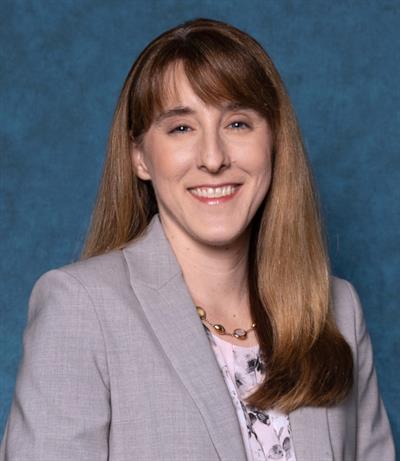Graduate Student Seminar
November 10, 2023
12:00 p.m. ET
Scaife Hall 105
November 10, 2023
12:00 p.m. ET
Scaife Hall 105
The interplay between ions and electrons governs processes as common as the biochemistry essential for life and the performance of devices as ubiquitous as batteries. The energy that powers our smart phones and laptops is stored by ions. Yet when we peer past the battery and examine the device-scale electronics, mobile ions are nowhere to be found. This is a missed opportunity because the coupling between ions in electrolytes and electrons/holes in novel semiconductors is strong. For example, in two-dimensional (2D) materials this coupling has uncovered exciting phenomena such as spin polarization, photogalvanic current, current-induced circularly polarized electroluminescence, and superconductivity. Remarkably, these demonstrations have relied on electrolytes that were not designed for investigating semiconductor physics, but instead for energy storage. Our group is reimagining how ions can be used in electronics when the electrolyte is custom designed to provide a specific functionality or unlock a new mechanism to control transport. For example, we have developed a “monolayer electrolyte” that is a single molecule thick and is designed for bistability. We have custom-synthesized a single-ion conductor and used it to induce strain in 2D FETs, converting the material from semiconducting to metallic. We are developing a new type of “locking” electrolytes that can lock electric double layers (EDLs) under an applied field. Our development of these and other new ion-conductors is grounded in fundamental materials science and driven by applications in the electronics community including non-volatile memory, low-power logic, hardware security, and neuromorphic computing. In this talk I will review the basics of EDL gating and highlight our most recent developments on ion conductors with an eye towards application.
 Fulleron is an Associate Professor, Bicentennial Board of Visitors Faculty Fellow, and Vice Chair for Graduate Education in the Department of Chemical and Petroleum Engineering at the University of Pittsburgh. She earned her Ph.D. in Chemical Engineering at Penn State in 2009, and joined the Department of Electrical Engineering at the University of Notre Dame as a Research Assistant Professor. In 2015 she established the Nanoionics and Electronics Lab at Pitt as an Assistant Professor, and was promoted to Associate Professor with tenure in 2020. Fullerton’s work has been recognized by an NSF CAREER award, an Alfred P. Sloan Fellowship, a Marion Milligan Mason award for women in the chemical sciences from AAAS, and a Ralph E. Powe Jr. Faculty Award from ORAU. For her teaching, Fullerton was awarded the 2018 James Pommersheim Award for Excellence in Teaching in Chemical Engineering at Pitt. For more information, visit http://fullertonlab.pitt.edu/
Fulleron is an Associate Professor, Bicentennial Board of Visitors Faculty Fellow, and Vice Chair for Graduate Education in the Department of Chemical and Petroleum Engineering at the University of Pittsburgh. She earned her Ph.D. in Chemical Engineering at Penn State in 2009, and joined the Department of Electrical Engineering at the University of Notre Dame as a Research Assistant Professor. In 2015 she established the Nanoionics and Electronics Lab at Pitt as an Assistant Professor, and was promoted to Associate Professor with tenure in 2020. Fullerton’s work has been recognized by an NSF CAREER award, an Alfred P. Sloan Fellowship, a Marion Milligan Mason award for women in the chemical sciences from AAAS, and a Ralph E. Powe Jr. Faculty Award from ORAU. For her teaching, Fullerton was awarded the 2018 James Pommersheim Award for Excellence in Teaching in Chemical Engineering at Pitt. For more information, visit http://fullertonlab.pitt.edu/
July 8 2025
1:00 PM ET
Materials Science and Engineering
"Uncovering the Driving Force of Thermal-Activated Grain Boundary Migration in Polycrystals," presented by Zipeng Xu
Doherty A310
July 29 2025
11:00 AM ET
Materials Science and Engineering
Graduate Programs Information Session
Learn more about the master's and doctoral programs in materials science and engineering at CMU.
August 13-15 2025
Materials Science and Engineering
Workshop on Methods for Three-Dimensional Microstructure Studies
The workshop is intended for researchers at all levels and will combine presentations on 3D microstructure science as well as practical presentations on the tools and methods for reconstructing, analyzing and synthesizing.
Scott Hall 5201 (Bosch Sparks Conference Room)